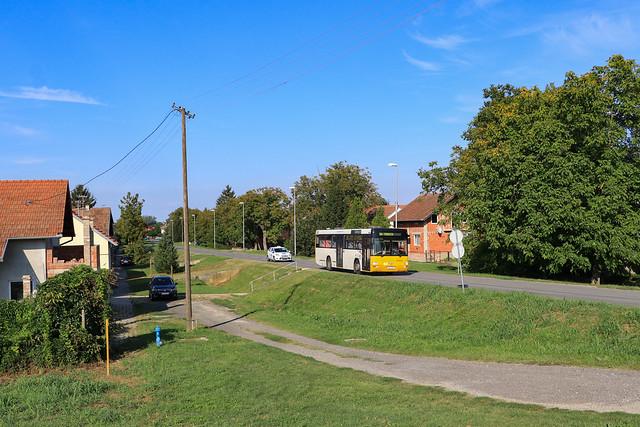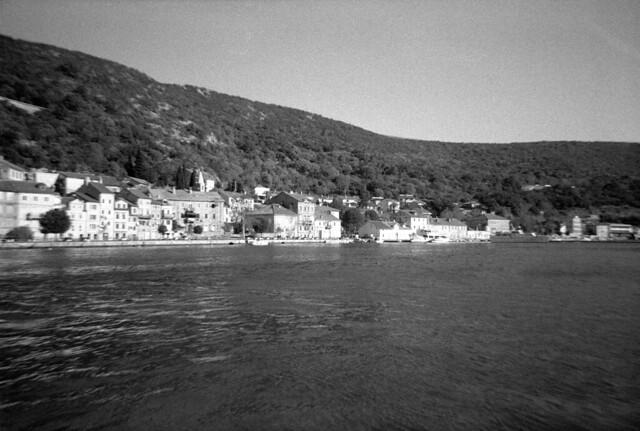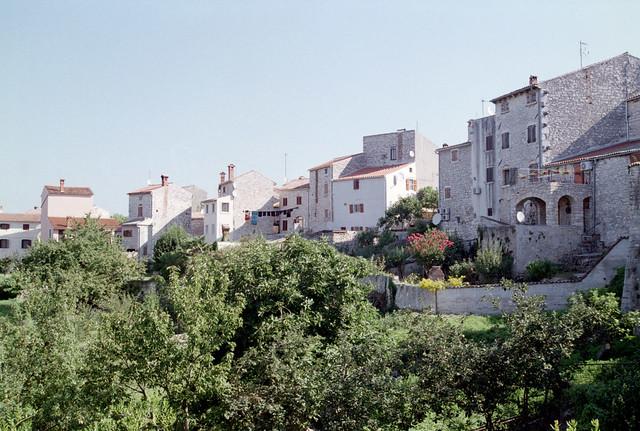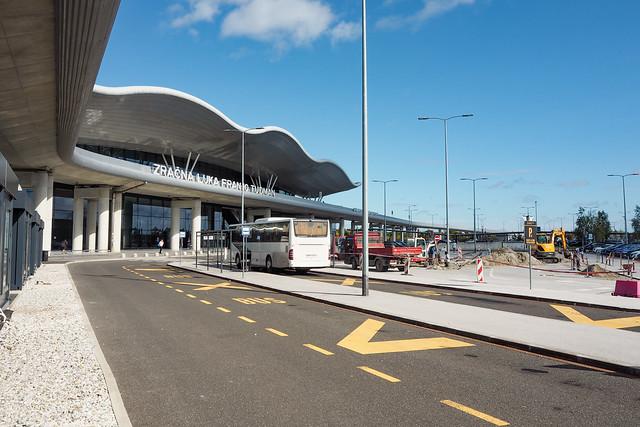
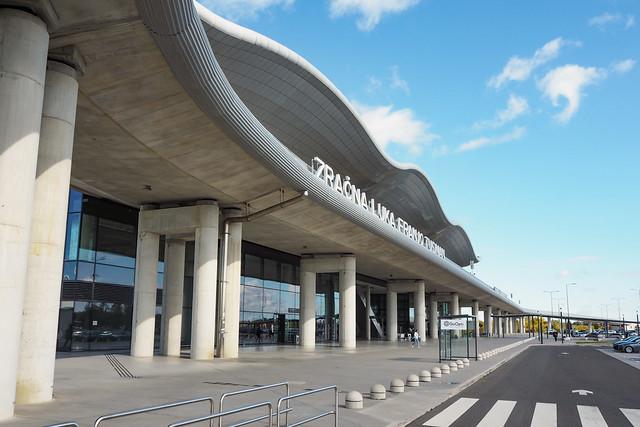
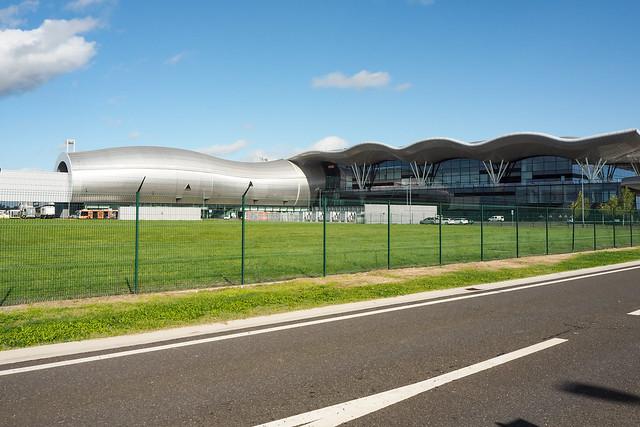
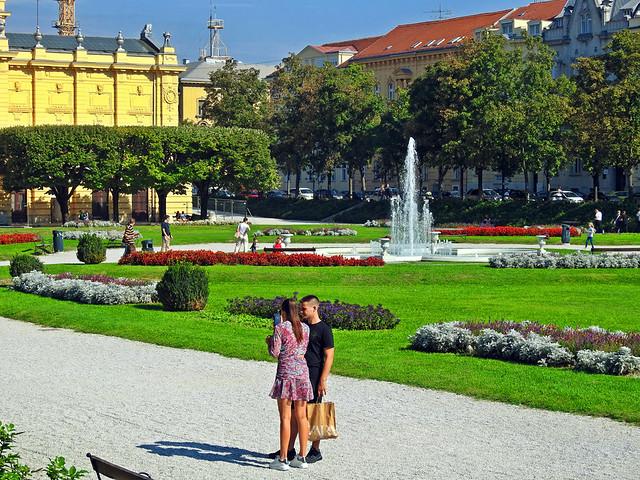
Zagreb
Overview
Historical Significance
Zagreb, the capital of Croatia, is a city rich in history and cultural heritage, tracing its origins back to Roman times. Its historical significance is evident in the vibrant architecture that adorns the city, where medieval buildings coexist with modern structures. The city is primarily divided into two parts: the Upper Town (Gornji Grad) and the Lower Town (Donji Grad). The Upper Town is home to the iconic St. Mark's Church, famous for its colorful tiled roof, and the Lotrščak Tower, which offers stunning views of the city below. Visitors can wander through the cobbled streets, where remnants of the past blend seamlessly with the present, creating a unique atmosphere.
Cultural Scene
Zagreb's cultural scene is vibrant and diverse, boasting numerous museums, galleries, and theaters. The Museum of Broken Relationships is a must-visit, showcasing personal objects left over from former lovers, telling poignant stories about love and loss. Art enthusiasts will appreciate the Croatian Museum of Naïve Art, which celebrates the unique style of naïve artists from Croatia, while the Mimara Museum houses an extensive collection of fine art and artifacts. Throughout the year, Zagreb hosts various festivals, including the Zagreb Film Festival and Advent in Zagreb, recognized as one of the best Christmas markets in Europe, transforming the city into a festive wonderland.
Atmosphere
The atmosphere in Zagreb is a delightful blend of old-world charm and contemporary flair. The city's vibrant street life is characterized by outdoor cafes, bustling markets, and street performers, creating a lively environment. The main square, Trg Bana Jelačića, serves as the city's social hub, where locals gather to meet friends, enjoy a coffee, or attend various events. This central square is also surrounded by an array of shops and restaurants, offering an authentic taste of Croatian cuisine. The mix of historical landmarks and modern establishments gives the city a dynamic feel, making it an exciting destination for travelers.
Local Characteristics
Zagreb's uniqueness lies in its local characteristics, which are best experienced through its culinary delights and traditional customs. The local cuisine is a reflection of the region's heritage, with dishes such as štrukli (a baked or boiled pastry filled with cheese) and zagorski zapečenac (a baked meat dish) offering a taste of Croatian flavors. The city also has a thriving coffee culture, with numerous cafes lining the streets, perfect for enjoying a leisurely afternoon. Additionally, the city's parks, like Maximir Park and Jarun Lake, provide tranquil retreats for relaxation and outdoor activities, showcasing the locals' appreciation for nature.
Accessibility
Zagreb is well-connected, making it easily accessible for travelers. The city's public transport system, including trams and buses, is efficient and user-friendly, allowing visitors to explore various neighborhoods with ease. The main railway station connects Zagreb to other major cities in Croatia and beyond, making it a convenient starting point for further exploration of the country. For those who prefer walking, the compact nature of the city allows for a delightful stroll through its streets, where every corner reveals a hidden gem waiting to be discovered.
Zagreb is a city that captivates the hearts of its visitors with its rich history, vibrant culture, and welcoming atmosphere, making it a must-visit destination in Croatia.
Other towns or cities you may like in Croatia
Explore other cities that share similar charm and attractions.


